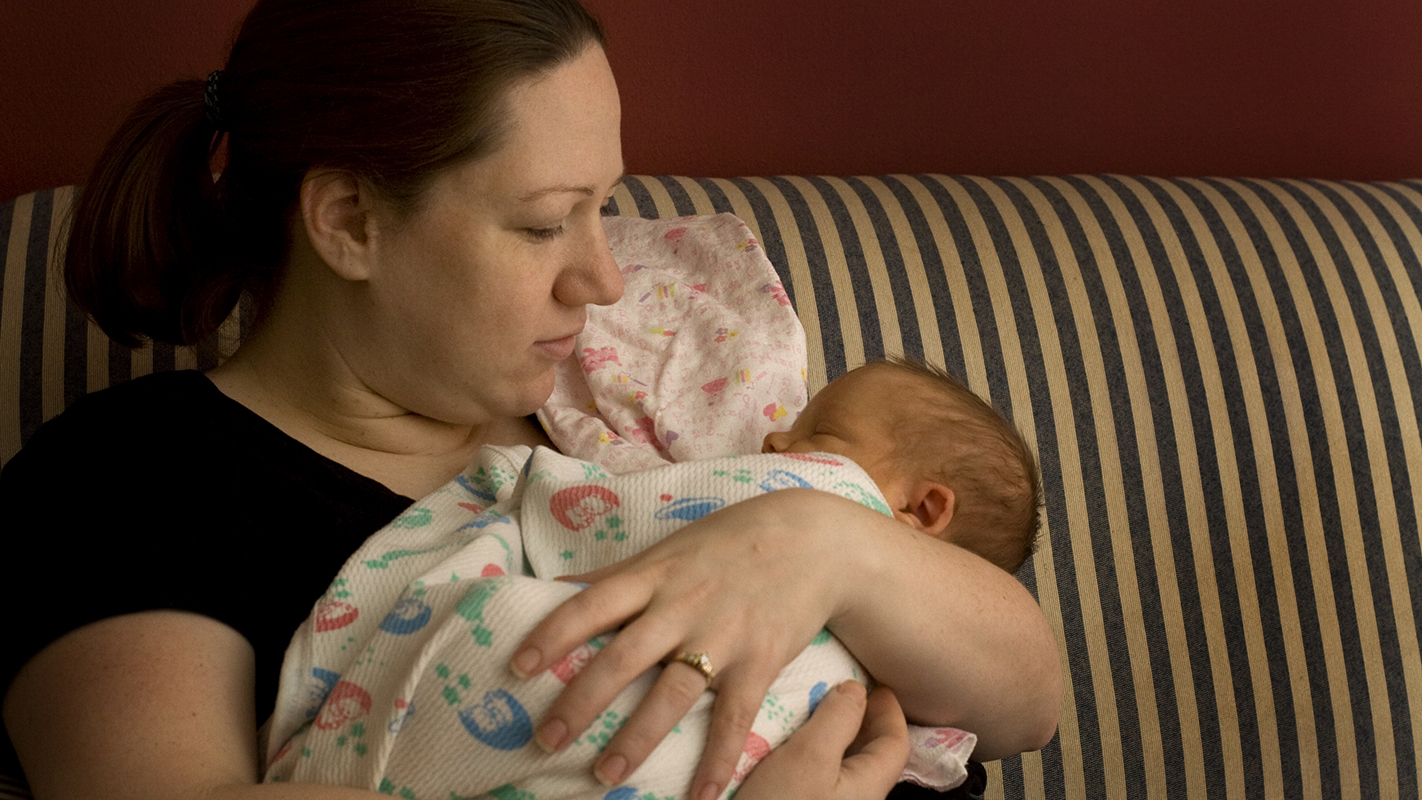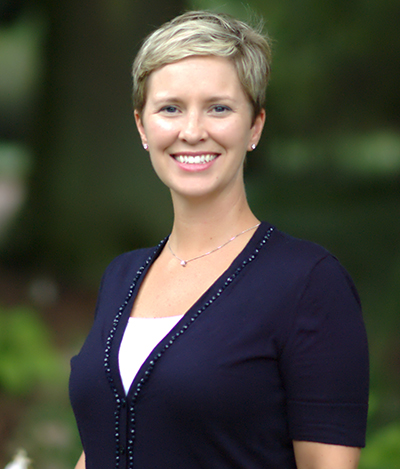Psychologist Expands Postpartum Adjustment Work to Community

Editor’s Note: This is a guest post from Nash Dunn, a writer in the communications office of the College of Humanities and Social Sciences.
As a clinical psychologist who specializes in reproductive health, Betty-Shannon Prevatt works with lots of new moms.
To describe what bringing a child into their life will be like, she’ll occasionally use an analogy: “If you imagine your life before a baby, everything fits into this nice box, and most folks assume that they’ll just bring the baby home and it will fit right in,” said Prevatt, a mother of two. “But what really happens is that the box gets completely shaken up with the baby added into the mix.”

The drastic changes that come along with having a baby forces new moms to redefine what order looks like in their lives, while caring for their newborns at the same time. Prevatt said that’s a difficult task, one that often leads to postpartum mood disorders.
Recognizing that individual counseling can’t be the only option for addressing postpartum mood disorders, Prevatt is expanding her focus to the community level. There are many factors that can contribute to a positive adjustment, as well as many that make a new mom more vulnerable. As a doctoral student in NC State’s Applied Social and Community Psychology graduate program, Prevatt is researching new mom experiences to find out what’s working, what’s not and what resources are needed.
Currently, Prevatt is surveying new moms in the Triangle about how they’ve dealt with postpartum adjustment. Through the survey of adult women who have delivered a baby since January 2012, Prevatt said she hopes to learn more about social support, access to health care, coping strategies, domestic violence, substance abuse and mood changes after having a baby.
Prevatt will compare responses to the community survey to reflections from moms who are getting help through a support group called Moms Supporting Moms. In addition to gauging what differences or similarities exist between the two groups, a secondary goal of the survey is to simply illuminate what Triangle moms are going through.
“Do they experience any barriers and how can we change that?” Prevatt said. “What does our community need and what does our community do well?”
Prevatt has been working with the Moms Supporting Moms support group since starting her own counseling practice in 2007. It’s one of several programs offered through Postpartum Education and Support, a Raleigh-based nonprofit that also offers assistance over the phone and online.
The support group, which meets at a local OBGYN practice, has found success by connecting with new moms who deliver at UNC Rex Healthcare. However, when the group didn’t see the same results at WakeMed across town, Prevatt was curious as to why.
“That led me to think, ‘What’s different? What about our model doesn’t translate?’” she said.
NC State’s Applied Social and Community Psychology program proved the perfect place for Prevatt to explore those types of questions. After enrolling in 2014, she has been able to meld her interests in mental health and psychology in the public interest.
“The program is very flexible,” she said. “You get the space to delve into your content area while you develop skills that can be applied broadly across fields.”
Prevatt said she thinks her survey can be expanded outside the Triangle to gauge the needs of new moms in other areas. That broader analysis will contribute to the ultimate goal of her research, which is to show the need for universal screening for mood disorders and postpartum education during childbirth classes.
But while those physical resources are important, she said real change will also mean erasing the stigma that often accompanies postpartum adjustment.
“We say things like, ‘Aren’t you so excited?’ And ‘How’s it going?’” Prevatt said. “But there is not enough space to allow for a true response: ‘This is great, but it’s really hard.’
“Being able to get rid of some of that stigma, so moms have permission to talk about the whole experience would mean a lot.”
To take the Adjusting to Motherhood Survey, or refer it to someone you know, click here.
- Categories:


